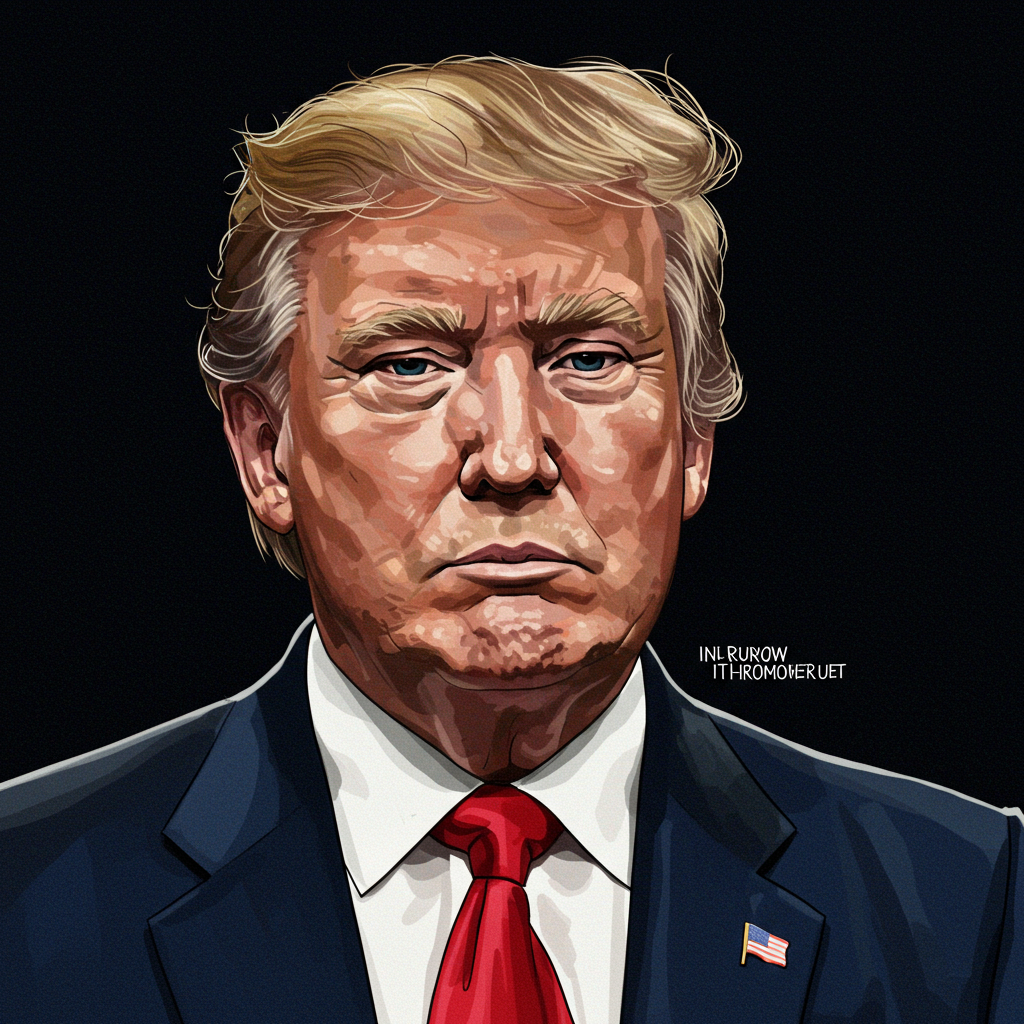A startling proposal from former President Donald Trump for a massive mixed martial arts (MMA) event at the white house has ignited widespread criticism and sparked comparisons to a dystopian comedy film. The plan, intended to mark the nation’s upcoming 250th anniversary, involves hosting a large-scale UFC fight on the historic grounds. Critics quickly questioned the appropriateness and feasibility of turning the presidential residence into a major commercial sports arena. The backlash highlights the tension between presidential dignity and the world of professional combat sports.
Unpacking the Unorthodox Anniversary Plan
Details of the proposal emerged publicly, outlining a vision for a structure capable of accommodating up to 25,000 spectators directly on White House property. Trump stated that Ultimate Fighting Championship (UFC) CEO Dana White would spearhead the organization of this ambitious event. Trump described White as “great, one of a kind,” underscoring their well-documented close relationship. White has been a vocal supporter of Trump, even speaking at Republican National Conventions multiple times. This partnership appears central to the unconventional idea.
The sheer scale proposed—25,000 attendees—is remarkable. For context, this capacity exceeds that of nearly all major indoor sports arenas in the United States, including iconic venues like Madison Square Garden in New York, which holds roughly 20,000 for boxing or MMA. Erecting infrastructure for such a crowd, along with managing the immense security and logistical challenges on the tightly controlled White House grounds, presents significant hurdles. The proposal lacks specific details on how this massive undertaking would physically manifest.
A Historical Look at Fighting at the White House
While a large-scale commercial fight event at the White House would be unprecedented, the property isn’t entirely without a history involving combat sports. President Theodore Roosevelt, known for his vigorous lifestyle, engaged in boxing for fitness during his time in office. He even set up a boxing ring for sparring sessions with military aides. Roosevelt sustained a permanent eye injury during one such session, a testament to his dedication to the sport.
However, Roosevelt’s private fitness activity differs dramatically from hosting a public, ticketed, pay-per-view professional fighting championship. The historical instances involved personal training, not a commercial spectacle drawing tens of thousands of fans and media attention. This distinction is crucial when evaluating the historical context of Trump’s proposal. It moves beyond personal recreation to the realm of major entertainment production.
The “Idiocracy” Label and Critical Reception
The proposal was met with immediate and sharp disapproval across various sectors. Critics argued vehemently that hosting a major UFC event with a massive audience on the White House grounds would fundamentally disrespect the historical significance and dignity of the presidential residence. Many felt it was an inappropriate venue for such a spectacle.
Perhaps the most cutting criticism involved comparisons to the 2006 Mike Judge film “Idiocracy.” This dystopian comedy portrays a future society where commercialism, lowbrow entertainment, and anti-intellectualism have led to societal collapse. The comparison suggests critics view the White House fight proposal as symptomatic of a decline in decorum or a move towards prioritizing sensationalism over tradition and solemnity associated with the presidency and its seat of power. This comparison resonated widely in commentary surrounding the plan.
The idea of a White House fight event isn’t entirely new in Trump’s public statements. During a sprawling rally appearance, where he also discussed various other topics including economic policies and unrelated political attacks, Trump mentioned plans for what he termed a “kick-boxing match at the White House.” This offhand comment, part of a lengthy and often meandering speech described by observers as rambling, indicates the idea has been considered or floated before, linking it to his characteristic public speaking style and penchant for unexpected announcements.
The Business and Culture of Combat Sports
Understanding the nature of a “UFC event” provides context for the proposal’s scale and implications. Major UFC fight nights are complex, global productions. They involve numerous fighters, support staff, broadcast teams, and significant logistics for ticketing, security, and venue setup, often utilizing large arenas or stadiums. The sport encompasses a wide range of athletes, from rising stars headlining major pay-per-view cards to seasoned veterans competing in various promotions worldwide after their UFC tenure. Events like the recent UFC 315, featuring title fights and key matchups in large arenas, showcase the typical environment for such competitions.
The proposal injects this large-scale commercial sports model directly into the heart of American political symbolism. It highlights the significant reach and popularity of MMA but also forces a debate about what activities are suitable for a location imbued with immense national and historical importance. While combat sports thrive in diverse venues globally, placing one on the White House lawn represents an extreme juxtaposition.
Feasibility, Public Debate, and Future
Beyond the immediate criticism regarding appropriateness, significant practical questions remain unanswered. The logistical challenges of constructing a temporary 25,000-seat arena, managing crowds, ensuring security for high-profile athletes and attendees, and handling the intense media scrutiny on White House grounds are immense. Permitting, neighborhood impact, and cost would all be major factors.
The proposal ensures continued public debate about the role of the presidency, the White House as a venue, and the intersection of politics, entertainment, and commerce. It embodies the type of unconventional and often controversial ideas that have characterized Trump’s political career. While the likelihood of such an event coming to fruition remains uncertain, the proposal itself has already generated significant discussion and criticism, solidifying its place as one of the more unusual ideas floated for commemorating the nation’s 250th anniversary.
Frequently Asked Questions
What was Donald Trump’s proposal for the White House 250th anniversary?
Former President Donald Trump proposed hosting a major, large-scale UFC mixed martial arts (MMA) fighting event on the grounds of the White House. The plan included building temporary seating to accommodate up to 25,000 spectators for the nation’s 250th anniversary celebration.
Who was proposed to organize the potential White House UFC event?
According to Donald Trump, Ultimate Fighting Championship (UFC) CEO Dana White was proposed to be in charge of organizing the event. Trump highlighted White’s expertise in the field and their close working relationship as reasons for his involvement in the potential plan.
Why did critics compare the White House UFC proposal to the film ‘Idiocracy’?
Critics compared the proposal to the movie “Idiocracy” to suggest it was inappropriate, undignified, and resembled a lowbrow spectacle unsuited for the presidential residence. The comparison implies that hosting a major commercial combat sports event on the White House grounds represents a decline in cultural standards or decorum associated with the office and its symbols.
The proposed UFC fight at the White House remains a highly contentious idea, raising questions about tradition, dignity, and the future of presidential events.
References
- news.yahoo.com
- <a href="https://www.huffingtonpost.co.uk/entry/trump-takes-lie-packed-victory-lap-on-bill-slashing-medicaid-and-food-stampsuk68676a3ce4b0eb2c5aed19e3?ncid=flipboard-HP”>www.huffingtonpost.co.uk
- au.sports.yahoo.com
- au.sports.yahoo.com
- au.sports.yahoo.com



